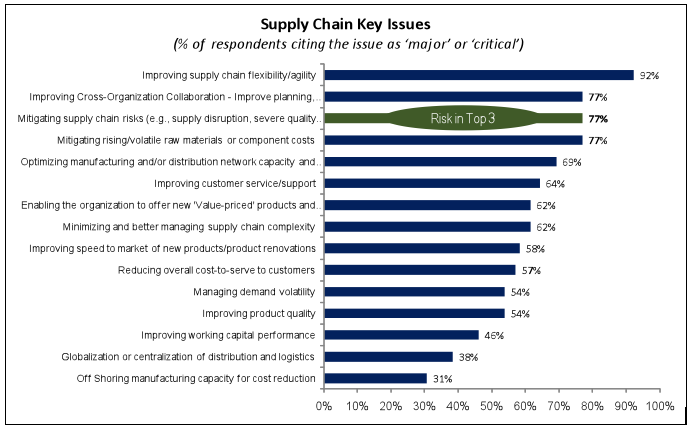
A lot of entrepreneurs, including some very smart ones, have an almost mystical belief that the companies that supply their business and keep it alive will never fail. As they see it, only their business can fail, and everybody else is immune to market forces and bankruptcy.
Unfortunately, of course, none of that is true. Vendors go out of business all the time, and it can cause significant problems for your business if you’re not prepared for it. Ken Gaebler, an industry expert, says that losing a supplier can potentially make or break a company, especially if that supplier is the only supplier of a particular good or service.
Here’s what to do to protect yourself.
Always Draft Contracts As If The Worst Will Happen
When you first come to thrash out a deal with another company, sit down with your lawyer first and think through all of the things that could go wrong. Then put safeguards in place to make sure that none of these “worst case scenarios” for your vendors significantly disrupts your operation. If, for instance, your business is dependent on the software platform of another business, get that business to put their source code in a software escrow so you can access it and continue to modify it if they go out of business.

Make the Most of Software Escrow, aka Software Continuity Planning
Hedge Your Bets
Companies are always tempted to streamline their operations to save on costs and benefit from bulk buy discounts. But reducing the number of vendors you use can leave your company hopelessly exposed. Say, for instance, you run a restaurant, and you’re totally dependent on a single supplier. With only one vendor relationship, how will you recover your supply chain quickly if that vendor goes out of business?
It’s a good idea to have a relationship with at least two companies for every product your business needs to conduct its operations. That means having somebody else you can go to if your garlic supplier suddenly goes out of business.

How to Find and Work With Suppliers
Get An Understanding Of Your Supplier’s Financials
Often if your vendor has a financial problem, the warning signs are clear to see well in advance of the company shutting its doors. Because of this, it’s a good idea to keep track of the main financial metrics of your supplier. If you see them going bad, start building a plan to move to a new supplier, as soon as the situation turns critical.

Evaluating Supply Chain Risks with Single vs. Multiple Vendor Sourcing Strategies
Jerry Mills is the CEO of B2B CFO, a company that provides other businesses with virtual chief financial officers. He says that if businesses have a vendor who won’t show them their financials, then they should switch to one that will. It’s not often, he says that a vendor with good working capital will refuse to show their reports. Usually, it’s a sign of underlying revenue weakness.
Take Out Insurance
Some insurers offer interruption protection insurance, according to Gaebler. As a result, businesses might want to have an option like this bolted on to their insurance contract.

Life Insurance for Your Business: The Basics
It’s also possible for businesses to insist that the vendors themselves take out insurance so that the consequences of an interruption are less devastating.




